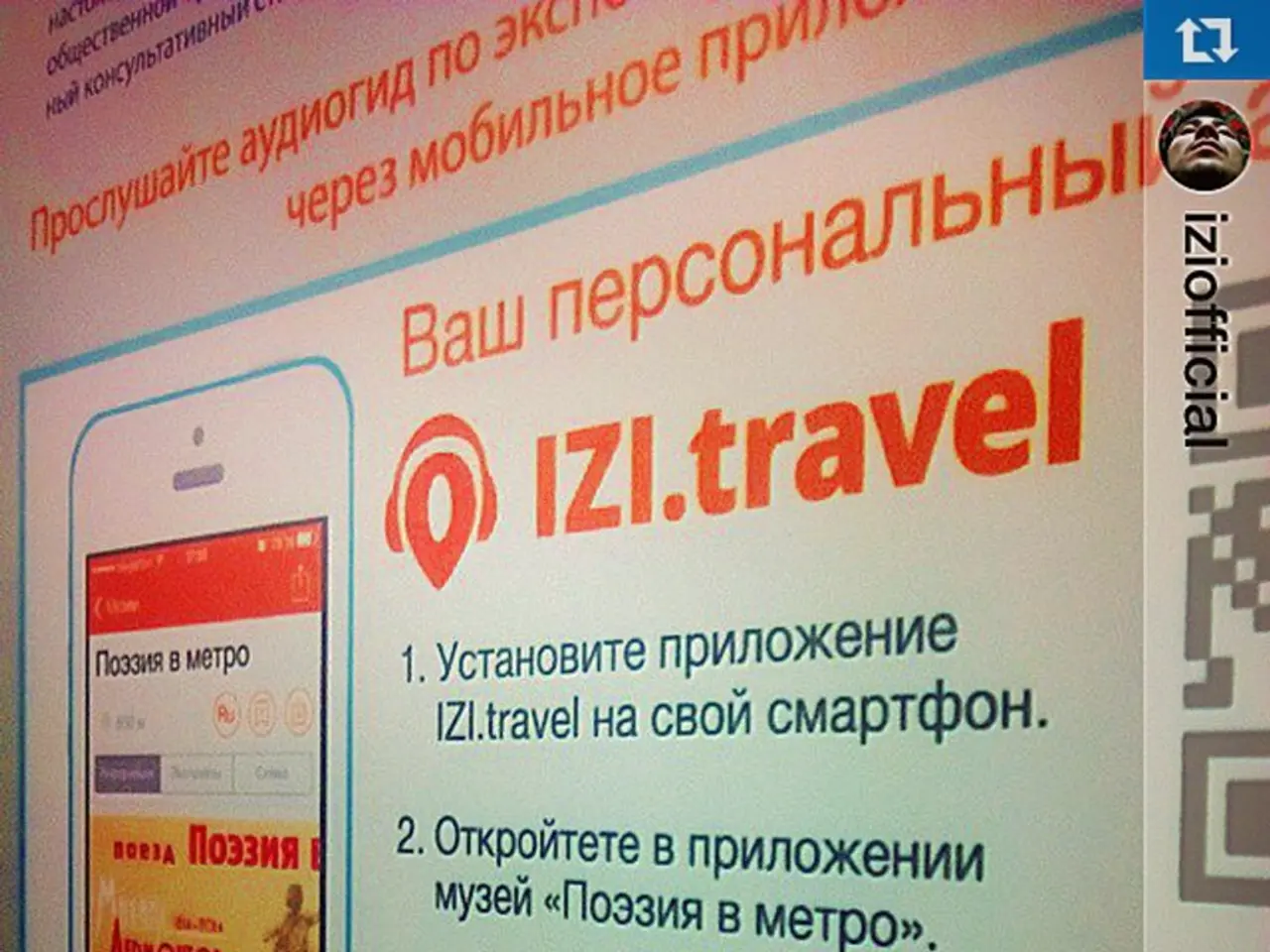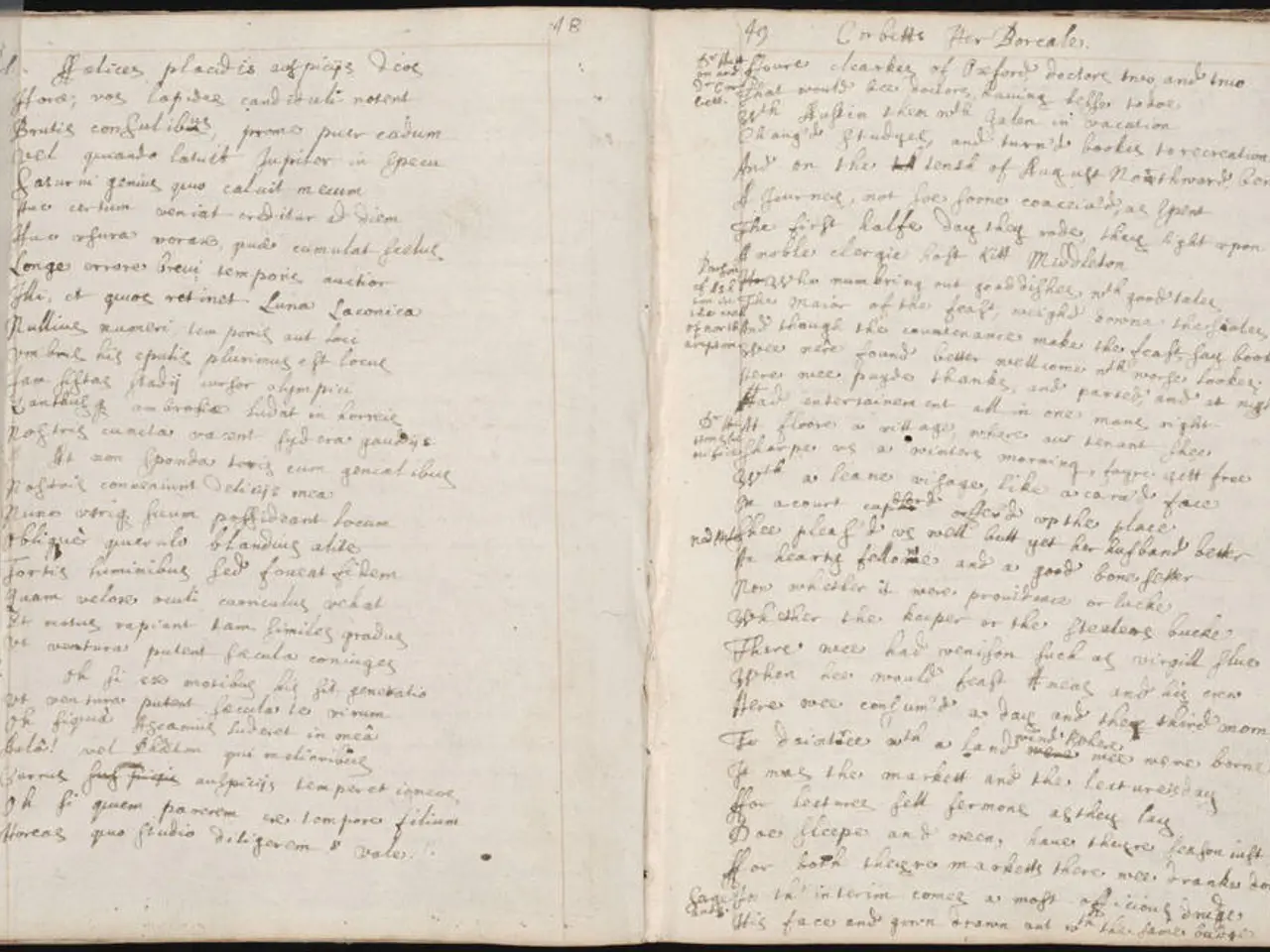Ghana's Ministry of Digital Technology Forms Purchasing Committee for Technical Equipment Acquisition
The Ministry of Communication, Digital Technology and Innovation has inaugurated a 10-member Entity Tender Committee, marking a significant step towards strengthening institutional governance and adhering to best practices in procurement. The committee, chaired by Hon. Samuel Nartey George (MP), was officially established at a ceremony held today in the Ministry's conference room.
The Entity Tender Committee's primary role is to oversee all procurement activities within the Ministry. This includes confirming the acceptable range of costs for procurement items and ensuring consistency with the Ministry's approved budget. The committee is also tasked with upholding transparency, fairness, and accountability in every procurement process.
Based on the context of public procurement and tender committees generally found in related laws and practices, the Tender Committee typically oversees the tendering process, including the receipt, opening, and evaluation of bids or tenders for contracts related to goods, services, or works required by the Ministry or its entities. The Committee ensures compliance with public procurement laws and internal policies, oversees fair and transparent procedures, and recommends contract awards based on evaluation criteria.
In addition, the Committee is responsible for ensuring that procurements meet the legal thresholds, facilitating competitive negotiation sessions when applicable, and approving contracts in line with procurement regulations. They also handle notifications to bidders, including acceptance or rejection of tenders, and may manage dispute resolution or administrative review processes related to tender decisions.
The Entity Tender Committee has a clear mandate under the Public Procurement Act, 2003 (Act 663), as amended. This includes reviewing and approving annual procurement plans and their quarterly updates. The committee is also responsible for facilitating contract administration and monitoring compliance with all procurement reporting requirements. Furthermore, it assists the Head of the Entity in ensuring the proper disposal of stores, vehicles, and equipment in accordance with legal stipulations.
The formation of this committee underscores the Ministry's ongoing dedication to strengthening institutional governance and adhering to best practices in procurement. The committee comprises a diverse group of members, including high-ranking officials from within the Ministry and representatives from external professional bodies. The swearing-in ceremony for the committee was administered by Mrs. Marina Appiah Opare, Chief State Attorney from the Office of the Attorney-General and Ministry of Justice.
While the specific details about the responsibilities and functions of the Entity Tender Committee may not be provided in the initial search results, the general outline aligns with the roles described in the Macau Public Procurement Law (Law no. 10/2025), which specifies tasks for committees involved in tender opening and evaluation, contract performance monitoring, and negotiation procedures. This suggests that the newly formed Entity Tender Committee in the Ministry of Communication, Digital Technology and Innovation is well-positioned to fulfil its mandate and contribute to the efficient and effective management of public funds.
- The Entity Tender Committee, tasked with upholding transparency, fairness, and accountability in the Ministry's procurement processes, will also ensure compliance with the Public Procurement Act, 2003 (Act 663), as amended, in reviewing and approving annual procurement plans and their quarterly updates.
- As part of its roles, the Entity Tender Committee, like those in similar committees described in the Macau Public Procurement Law (Law no. 10/2025), will manage procurements that meet legal thresholds, facilitate competitive negotiation sessions, approve contracts in line with procurement regulations, and handle notifications, disputes, and administrative reviews related to tender decisions, playing a crucial part in the efficient and effective management of public funds.




